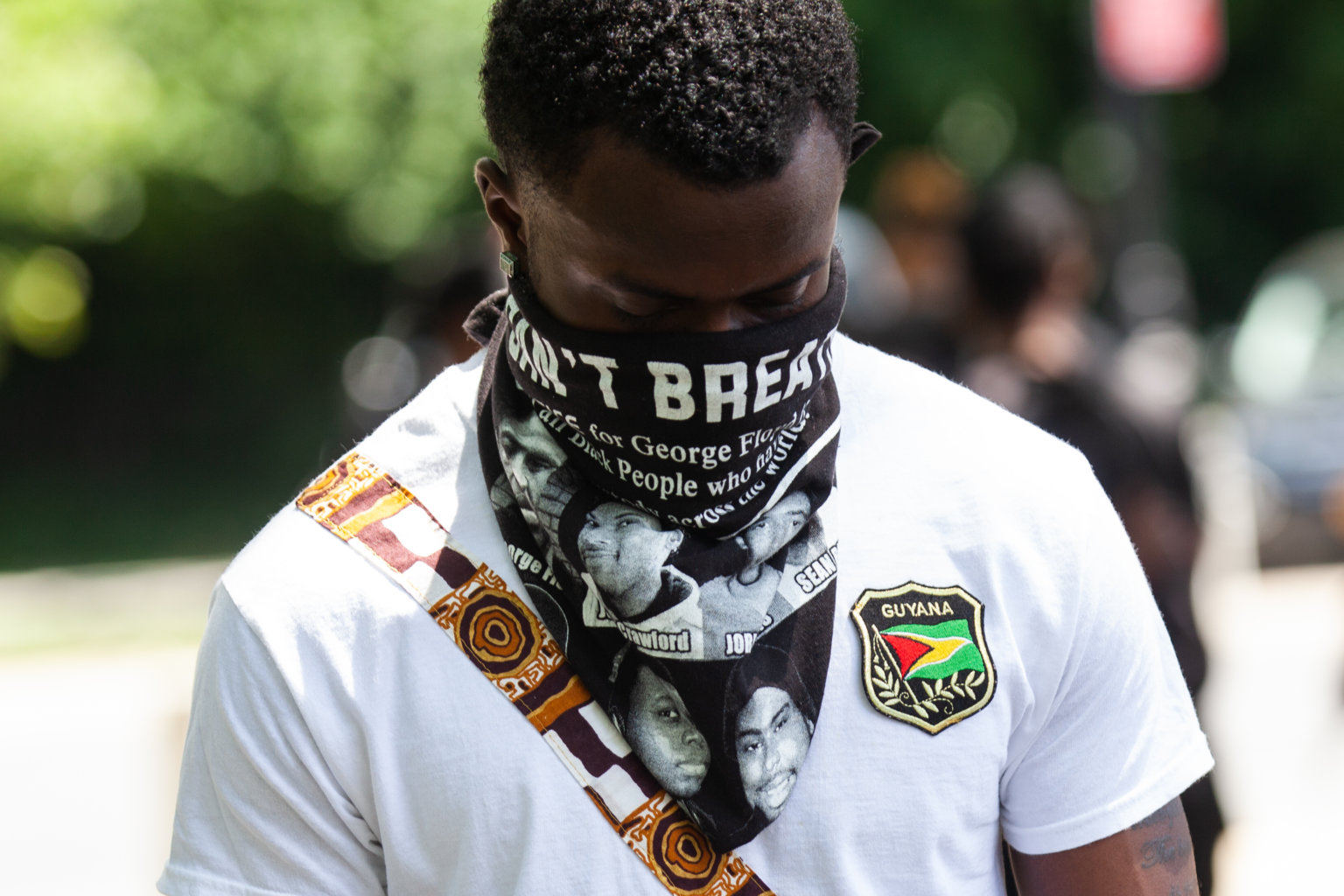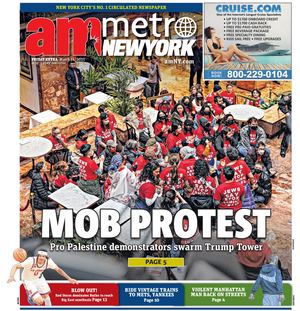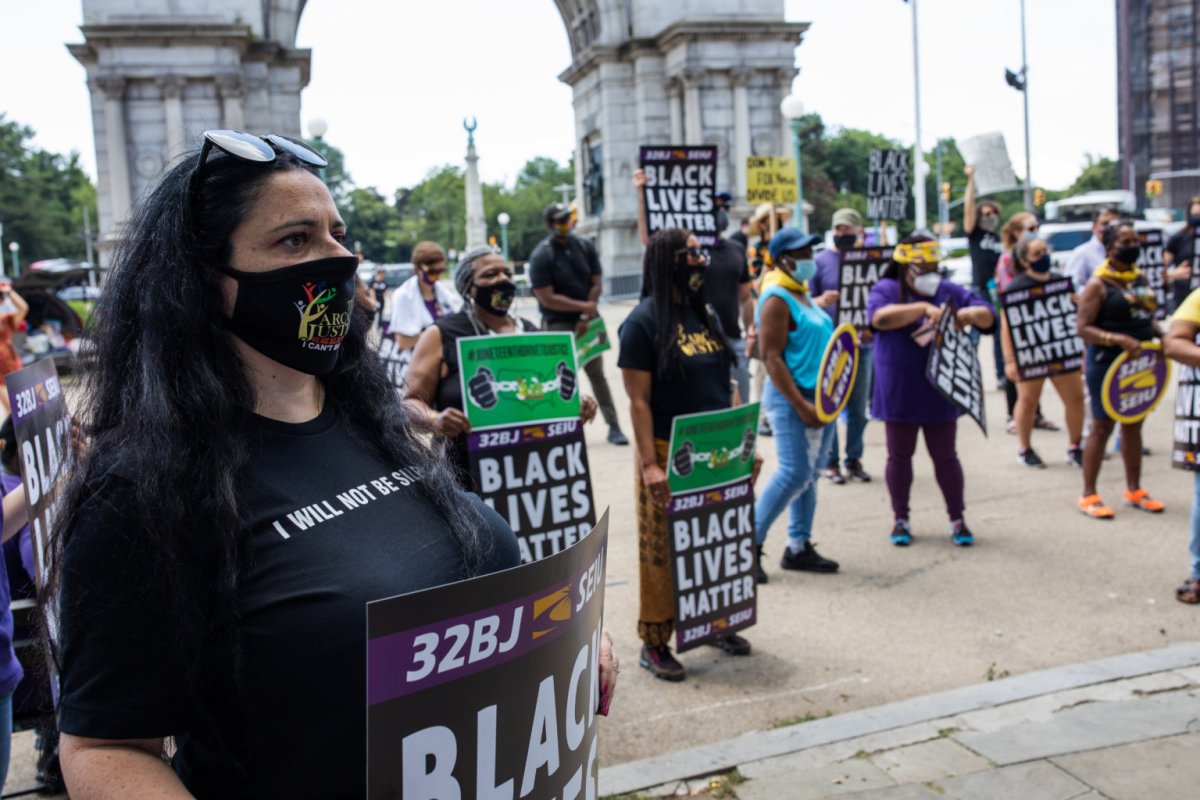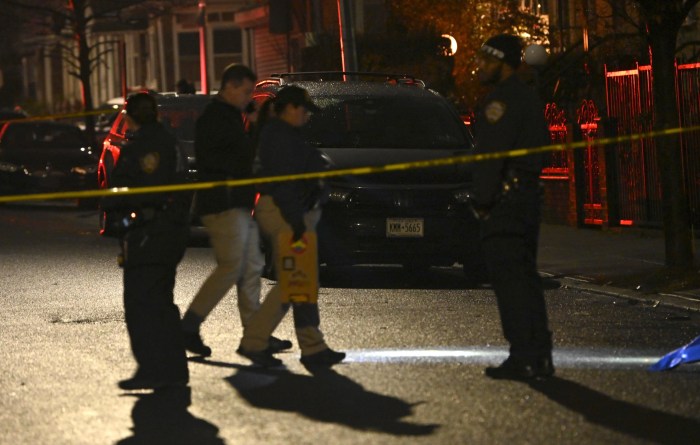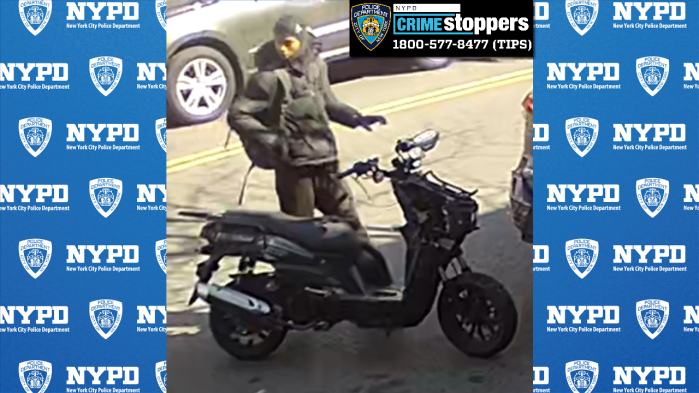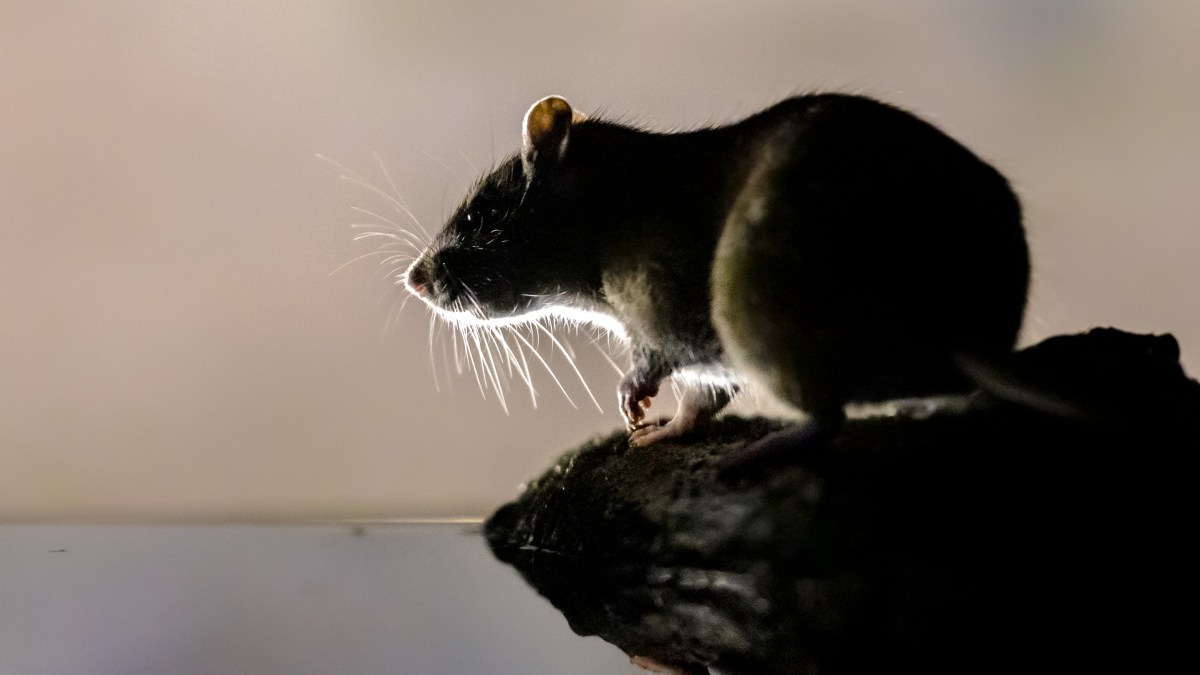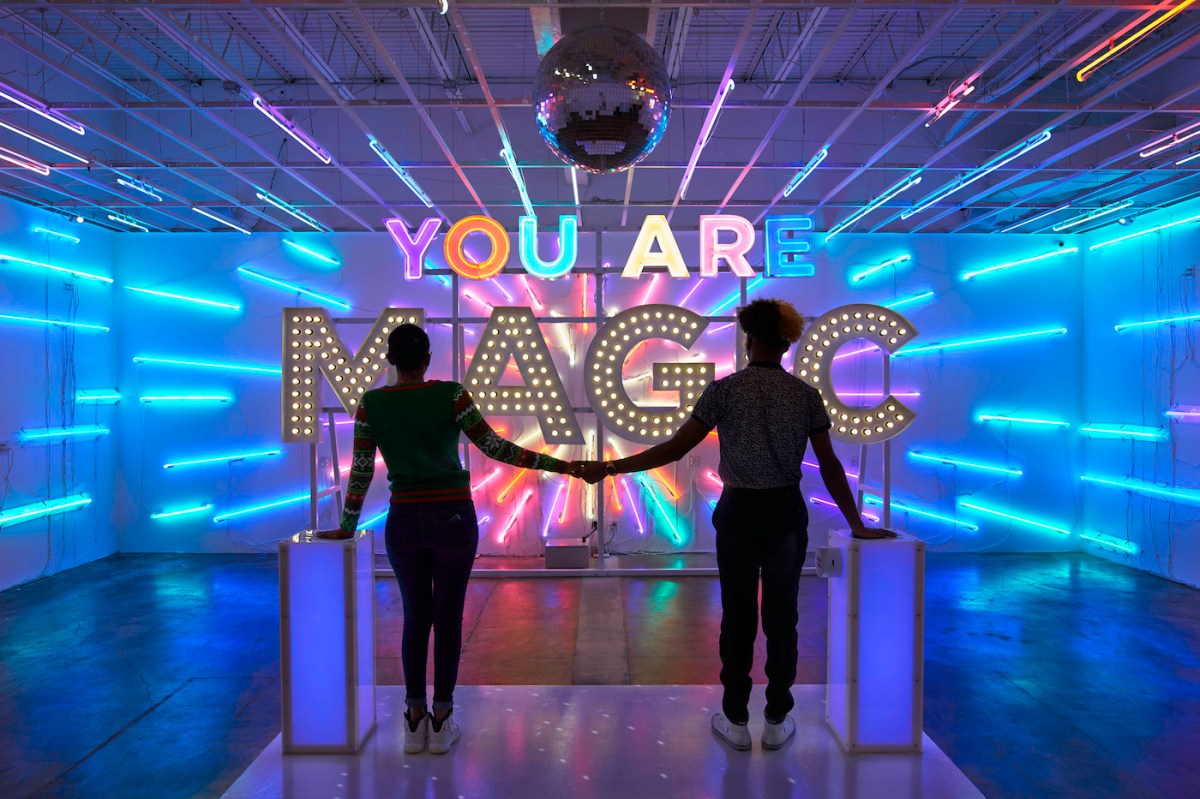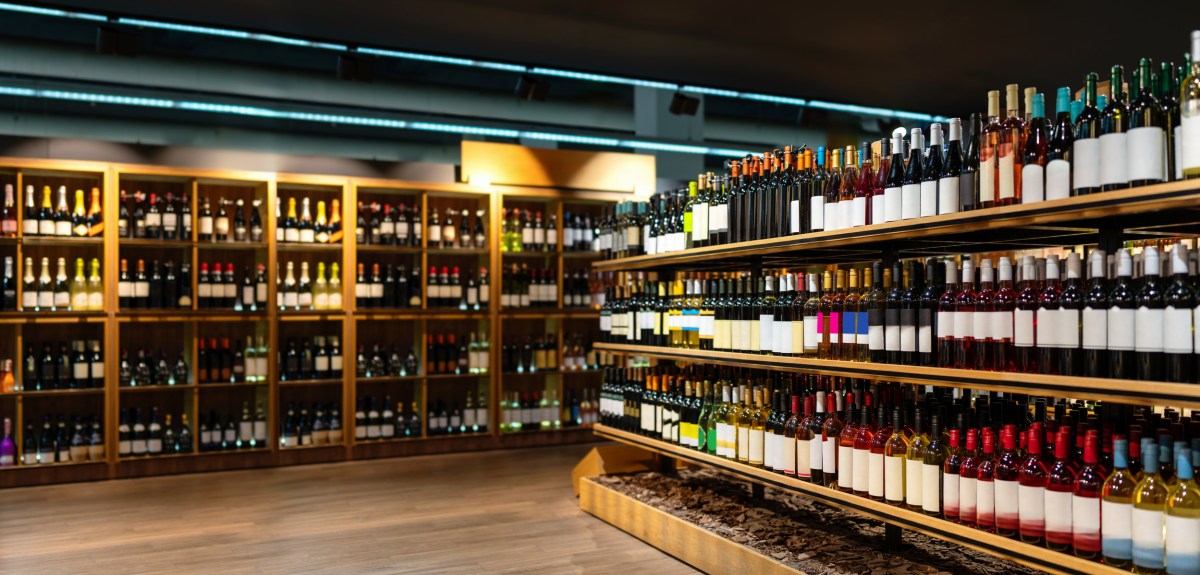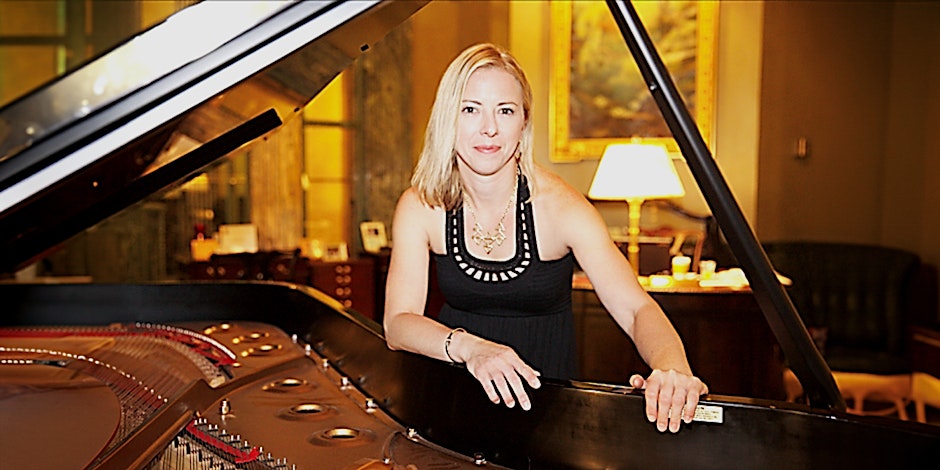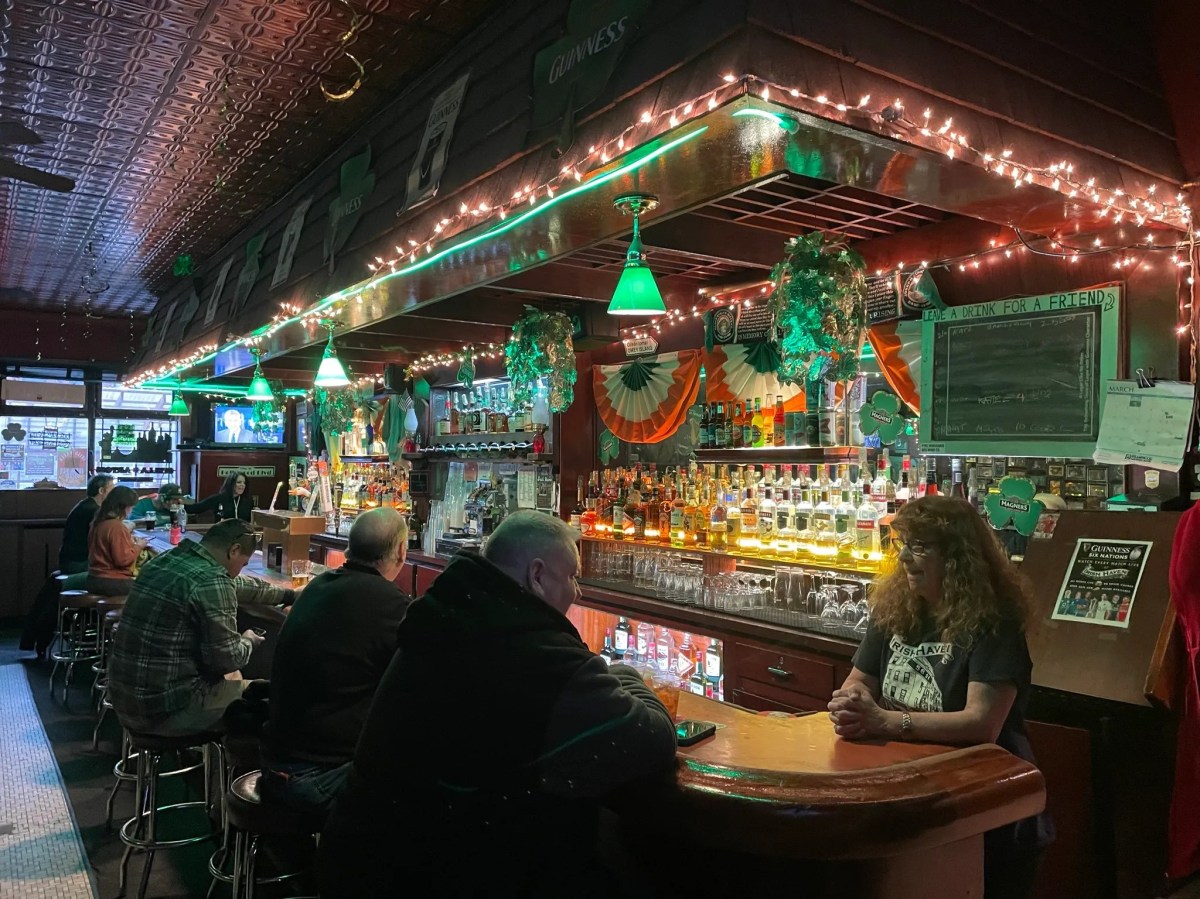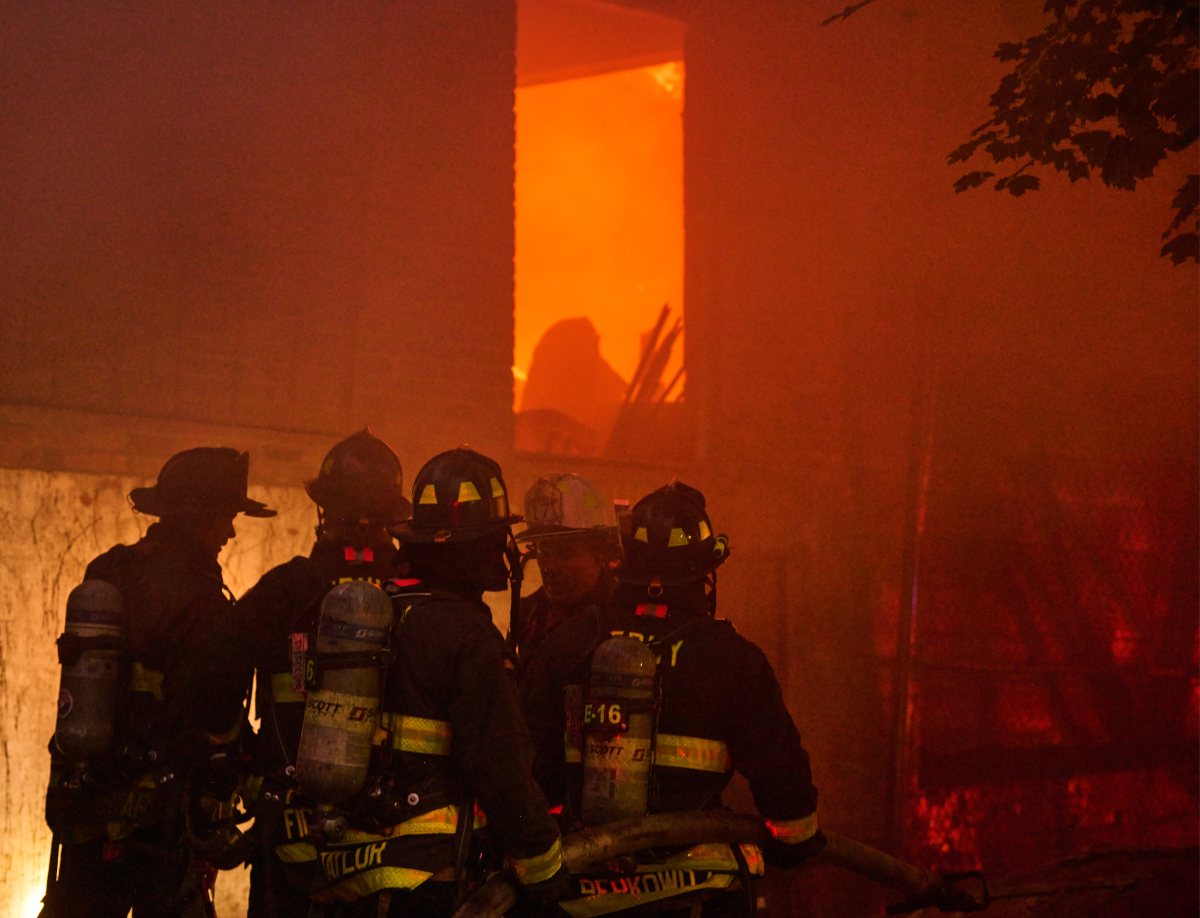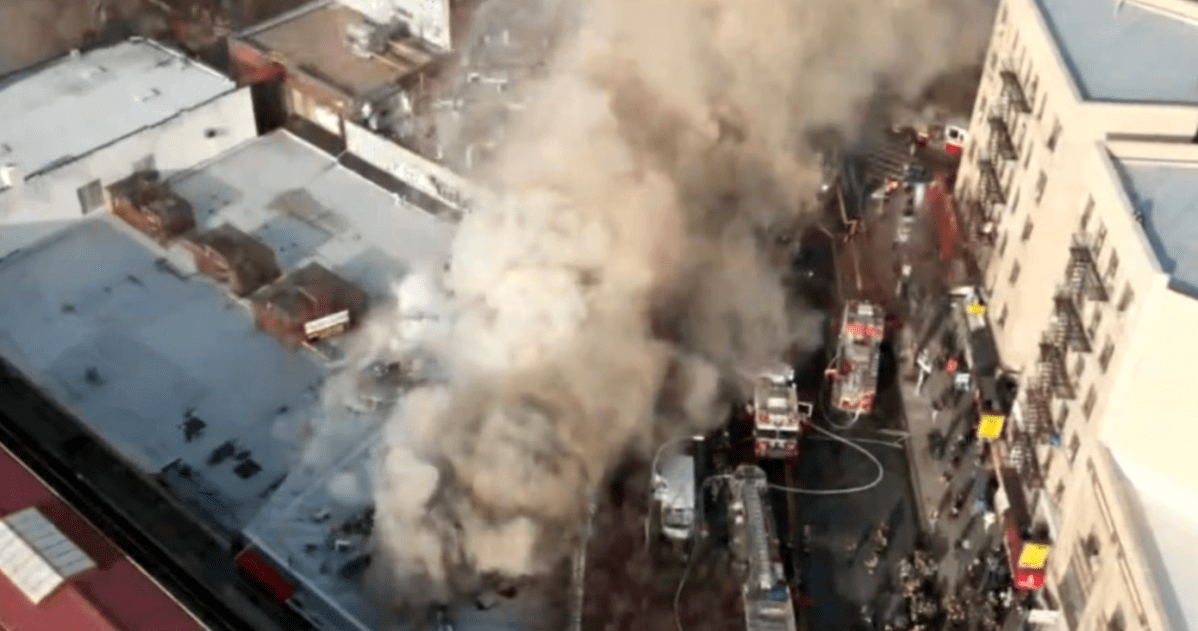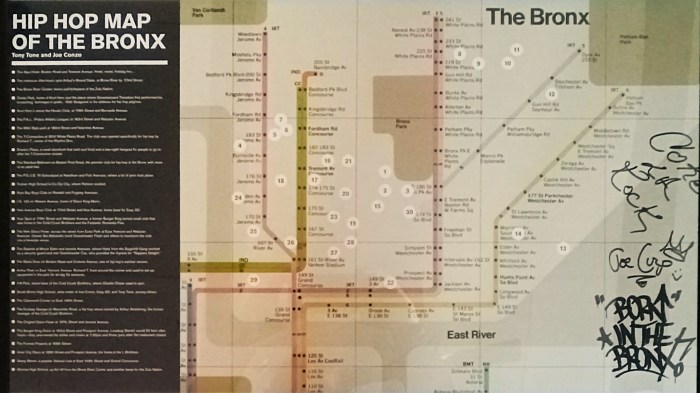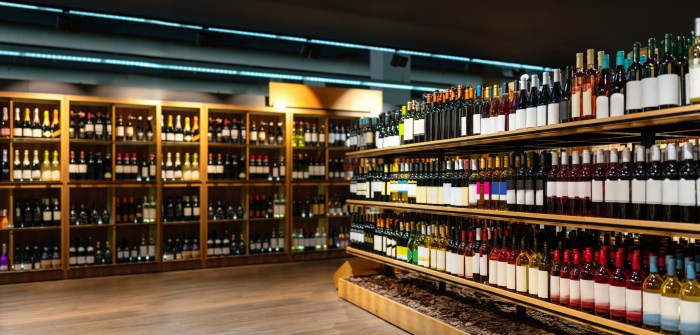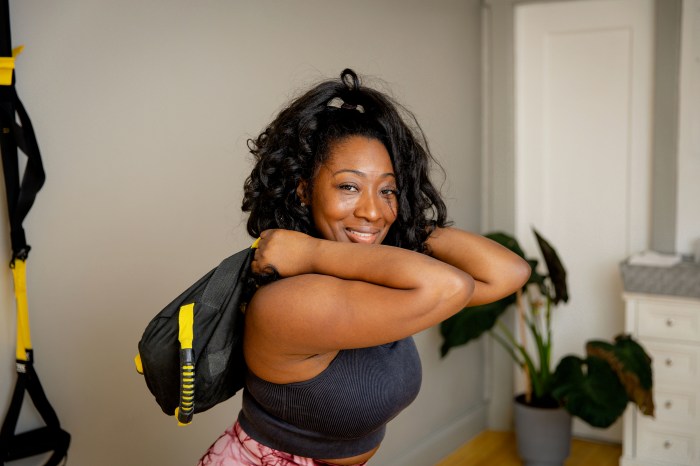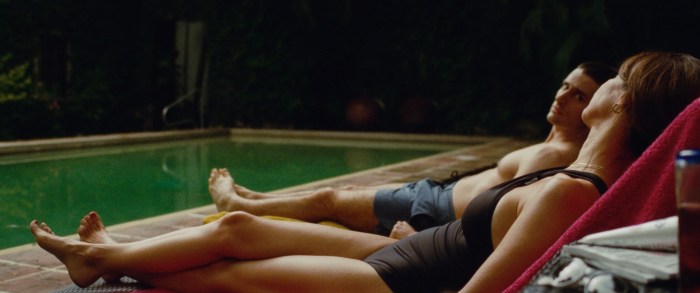Thousands took to the streets of Brooklyn on Friday to acknowledge the 155th celebration of Juneteenth, the holiday that commemorates the freeing of the last enslaved people in Texas in 1865, two years after the Emancipation Proclamation.
The holiday this year coincided with mass Black Lives Matter protests around the world in the wake of the police killings of George Floyd in Minneapolis and Breonna Taylor in Louisville. Governor Andrew Cuomo declared the day a state holiday this week and Mayor Bill de Blasio announced that it will be an official citywide holiday as of next year.
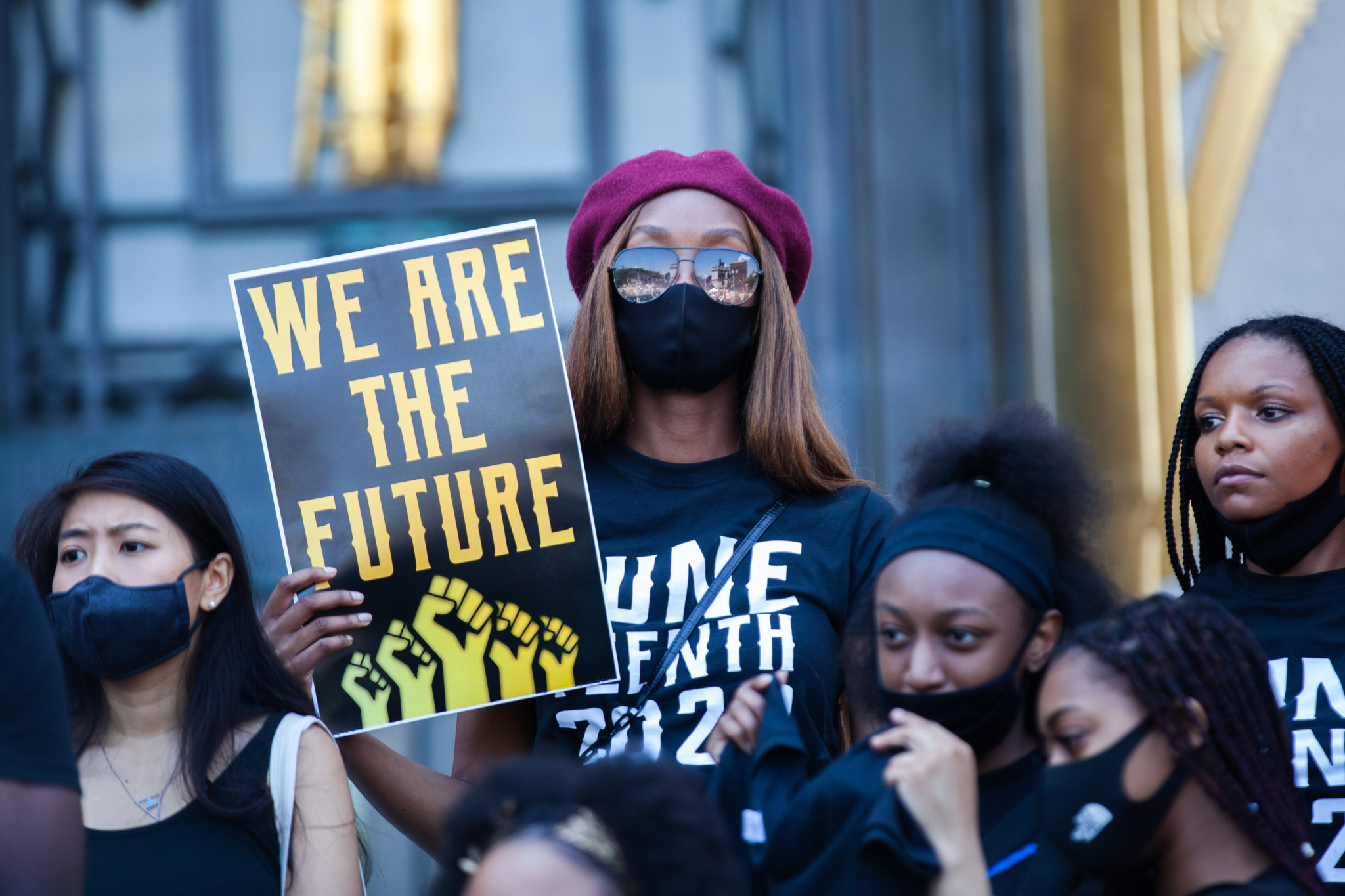
Celebrations kicked off in the morning and lasted into the evening, including a morning rally complete with a marching band, followed by a motorcade of 130 cars that drove up Flatbush Avenue as part of the nationwide “Drive to Justice” movement.
“This country is literally built on the bodies of enslaved Africans and its wealth and privilege is born of the sweat of their brows and the blood they shed,” said Public Advocate Jumaane Williams, who spoke at Grand Army Plaza Friday morning. “There are no longer slave patrols but there are disparate policing practices and systems that take our lives, whether in homes with a deadly virus or in the street with our face to the concrete and a man’s knee on our necks.”
Nearby at the Brooklyn Public Library, elected officials and protesters amassed to stand in solidarity with the movement.
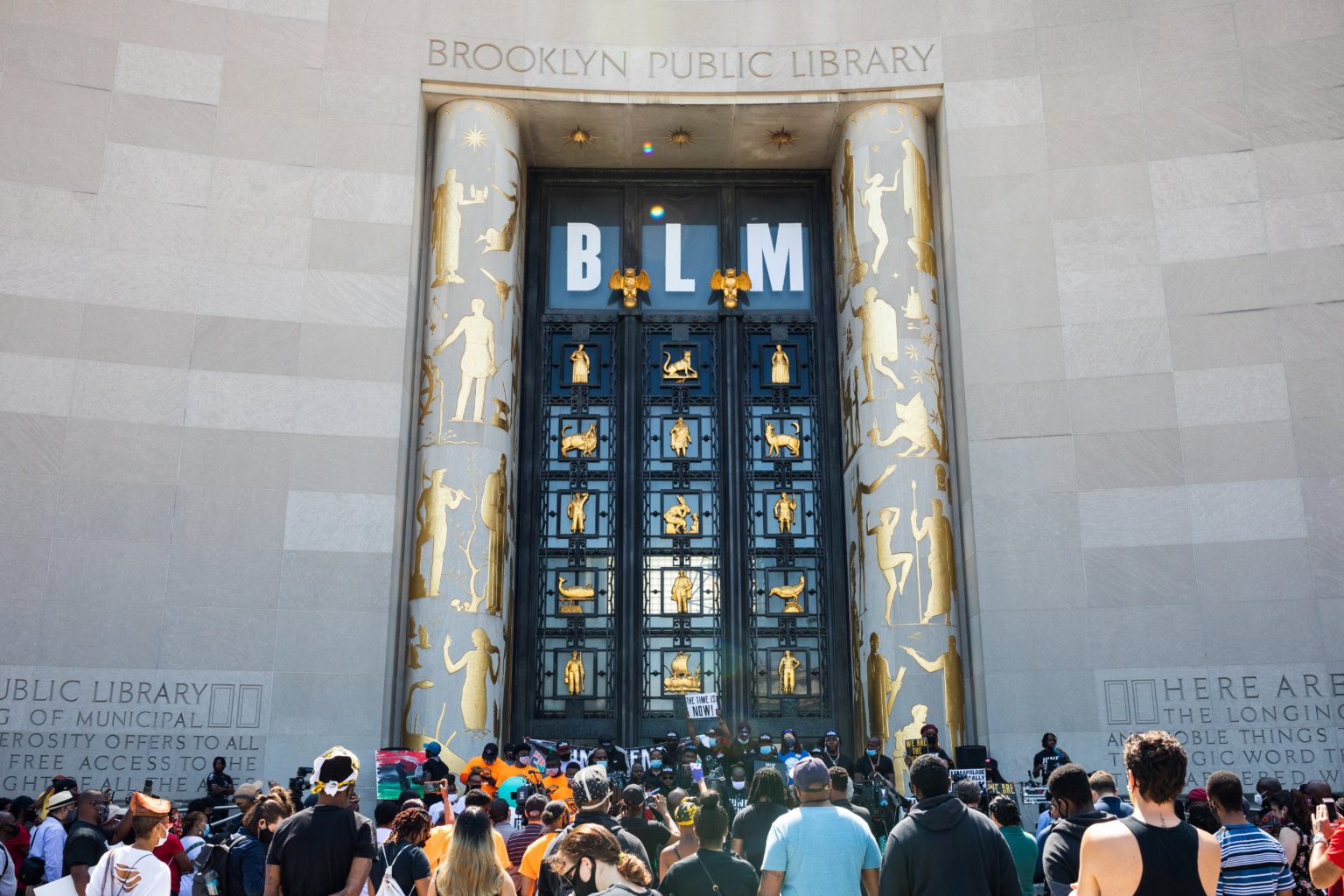
(Photo by Paul Frangiapane/Brooklyn Paper)
Thousands more marchers convened at Grand Army Plaza and marched through Brooklyn in the afternoon. Another large group gathered at Cadman Plaza and marched over the Brooklyn Bridge into Manhattan.
In Carroll Gardens, over two hundred students and families gathered at PS 32 on Hoyt Street between Union and President Streets for a short march up the block to PS 58 on Smith Street.
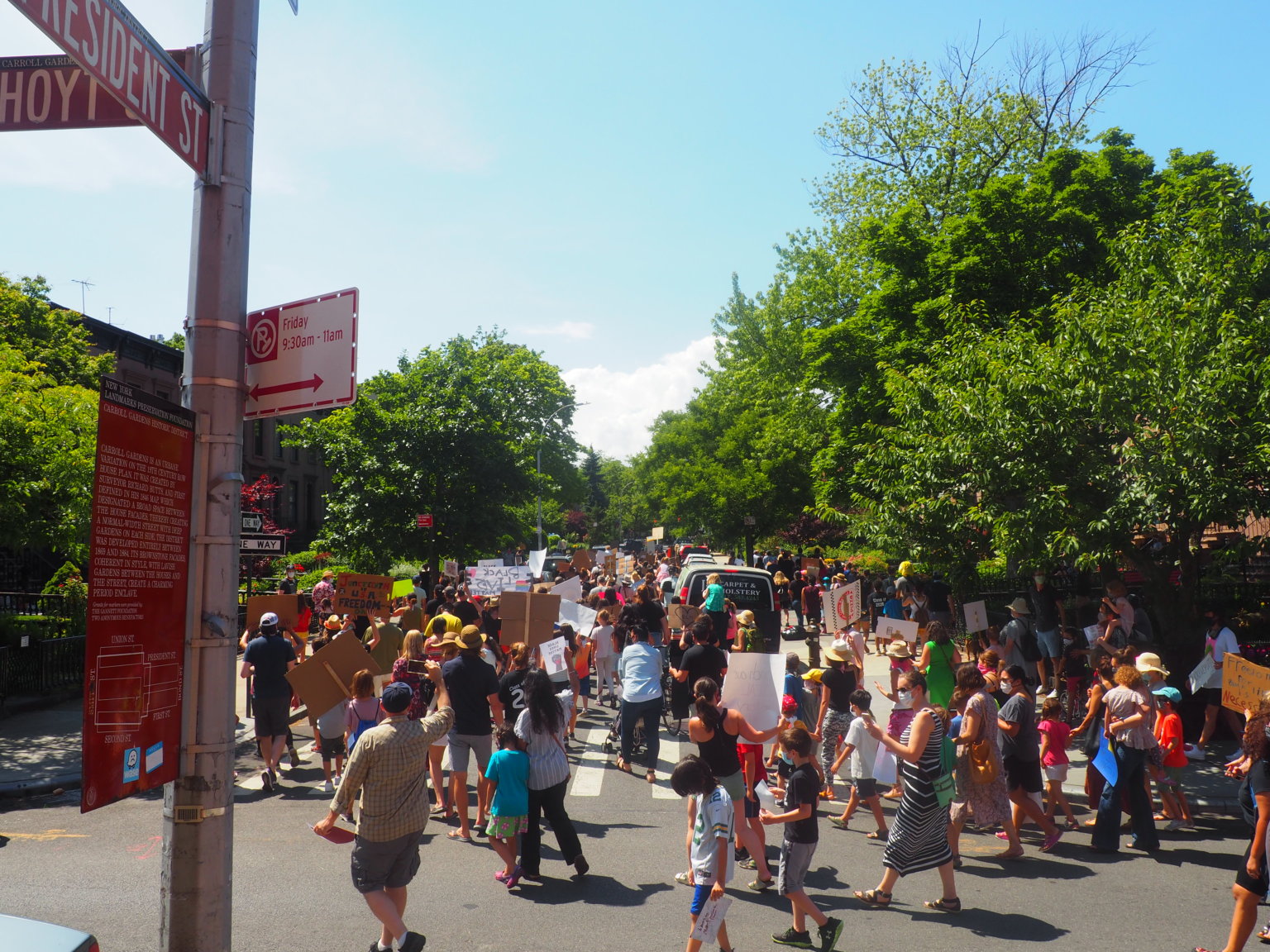
(Photo by Ben Verde)
The two locations are not insignificant. Both schools are a part of School District 15, which the city is actively working to desegregate. PS 32 predominantly serves the nearby Gowanus Houses NYCHA development, while PS 58 is zoned for the rest of the mainly white, upper-middle-class neighborhood.
“It’s not easy to live in a society where if you’re Black, you’re a lot more likely to be killed by police,” Carroll Gardens Councilman Brad Lander said at PS 32. “What we’re saying when we say black lives matter is we’re going to do more because it’s not okay for us as white people to stand by and live in a society where we know every day that our Black neighbors are more likely to be killed.”
